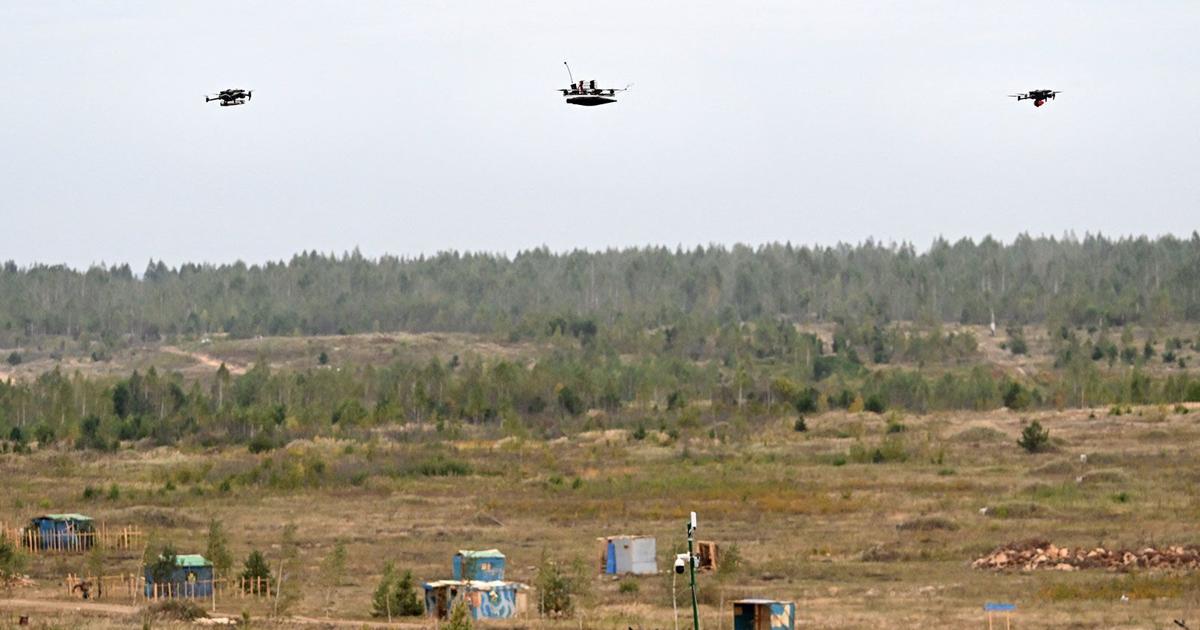The recent incursion of Russian drones into Polish airspace has prompted a significant response from both U.S. officials and NATO allies. Polish authorities reported the incident, raising concerns about the implications for NATO’s collective security. President Donald Trump, when questioned about the event, described it as a potential mistake but expressed dissatisfaction with the situation, stating, “I’m not happy about anything having to do with that whole situation.”
Poland, a member of NATO, benefits from treaty obligations that promise collective defense. This incident serves as a critical test of NATO’s unity and resolve in the face of external threats. Regardless of whether the incursion was intentional, it highlights the delicate balance of power and the need for a unified response from allied nations.
Trump’s remarks reflected a measured approach, which some may interpret as caution in the face of escalating tensions. Following the incident, he reiterated his stance during an interview with Fox News, saying, “The Poland thing… they were actually knocked down and they fell within Polish airspace.” His comments, while acknowledging the gravity of the situation, lacked the sternness that some observers believe is necessary given the context.
In response to the drone incursions, U.S. Ambassador to NATO, Julianne Smith, asserted on social media that the United States stands firmly with its NATO allies. She emphasized that the U.S. will defend “every inch of NATO territory” against such violations. This statement aligns with NATO’s commitment to collective defense and deterrence against aggression.
Poland’s president, Karol Nawrocki, engaged in a phone conversation with Trump shortly after the incident. He characterized their discussion as a reaffirmation of the alliance’s solidarity. Similarly, Polish Defense Minister Wladyslaw Kosiniak-Kamysz shared that U.S. Defense Secretary Mark Esper assured him of full American support, reinforcing the commitment to Poland’s security in light of the recent developments.
NATO Secretary General Mark Rutte announced an immediate operation called Eastern Sentry, aimed at bolstering security along the alliance’s eastern flank. Countries such as Denmark, France, Britain, and Germany have pledged military support, including fighter jets, to enhance deterrence against potential threats. Rutte condemned the drone incursions as “reckless and unacceptable,” emphasizing the necessity of protecting allied airspace.
The situation exemplifies the ongoing tensions between Russia and NATO, a reality that has seen increased military activity in Eastern Europe. As alliances are tested, the rhetoric from leaders like Trump and Rutte will play a crucial role in shaping the international response. The need for a careful balance in addressing such provocations is paramount, as historical context suggests that missteps can lead to greater conflicts.
The developments in Polish airspace serve not only as a reminder of the challenges facing NATO but also highlight the importance of clear and assertive communication among allies. The unfolding situation will likely continue to influence geopolitical dynamics in the region, necessitating vigilance and cooperation among member states.
